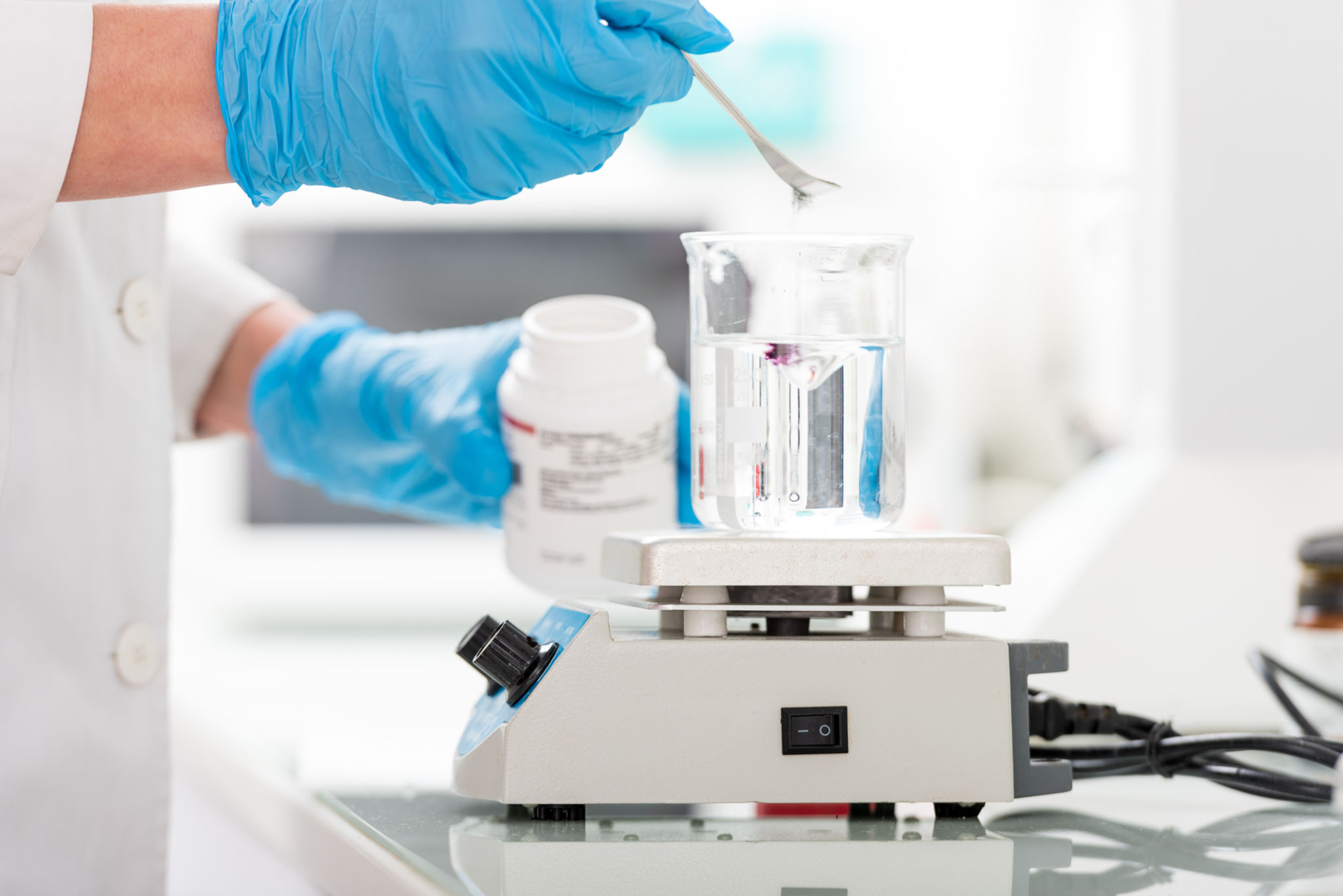How to Choose the Right Pipette Calibration Training Course for Your Lab
Understanding the Importance of Pipette Calibration
Pipette calibration is crucial for ensuring accuracy and reliability in laboratory experiments. It minimizes errors, maintains data integrity, and ensures compliance with industry standards. Therefore, choosing the right calibration training course is essential for lab personnel to develop the necessary skills and knowledge.
When selecting a pipette calibration training course, it's important to consider several factors that will meet the specific needs of your laboratory. A well-chosen course not only enhances precision but also boosts the confidence of your team in their daily tasks.

Identifying Your Lab’s Needs
Every laboratory has unique requirements based on its operations, equipment, and personnel. Begin by identifying these needs. Consider the types of pipettes used, the frequency of calibration required, and the experience level of your staff. This will help in determining the depth and breadth of training necessary for your team.
For instance, a lab that frequently uses micropipettes might need a more specialized course focusing on micropipette calibration techniques. On the other hand, if your lab employs a variety of pipettes, a comprehensive course covering various types might be more appropriate.
Evaluating Course Content
The content of a pipette calibration training course is critical. Look for courses that cover a wide range of topics such as calibration techniques, troubleshooting common issues, maintenance practices, and understanding calibration certificates. The inclusion of hands-on practice sessions is also beneficial for reinforcing theoretical knowledge.
Additionally, ensure that the course content is up-to-date with industry standards and regulations. This will help your lab maintain compliance and ensure that your team is learning the latest best practices in pipette calibration.

Considering Instructor Expertise
Instructor expertise plays a pivotal role in the effectiveness of a calibration training course. Research the qualifications and experience of the instructors to ensure they have a robust background in laboratory practices and pipette calibration. Experienced instructors can provide valuable insights and real-world examples that enhance learning.
Moreover, instructors with a strong background in training can adapt their teaching methods to suit different learning styles, ensuring that all participants gain maximum benefit from the course.
Assessing Course Format and Flexibility
Consider the format and flexibility of the course. Whether it's online, in-person, or a hybrid model, ensure it aligns with your lab's schedule and logistical preferences. Online courses offer convenience and flexibility, while in-person sessions can provide more hands-on experience.

If your lab operates around the clock or has staff working different shifts, look for courses that offer flexible timing options. This ensures that all team members have the opportunity to participate without disrupting lab operations.
Reviewing Feedback and Success Stories
Before making a decision, review feedback and success stories from other labs that have taken the course. Testimonials can provide insights into the course's effectiveness and how it has benefited other organizations. Reach out to colleagues or industry peers for recommendations as well.
A course with positive reviews and a track record of success is more likely to deliver value and meet your lab's calibration training needs.
Budget Considerations
Finally, consider your budget constraints when selecting a pipette calibration training course. While it's important to invest in quality training, ensure that the cost aligns with your lab's financial capacity. Compare different options to find a course that offers good value without compromising on quality.
Remember, investing in proper training can lead to long-term savings by reducing errors and improving efficiency in your lab operations.